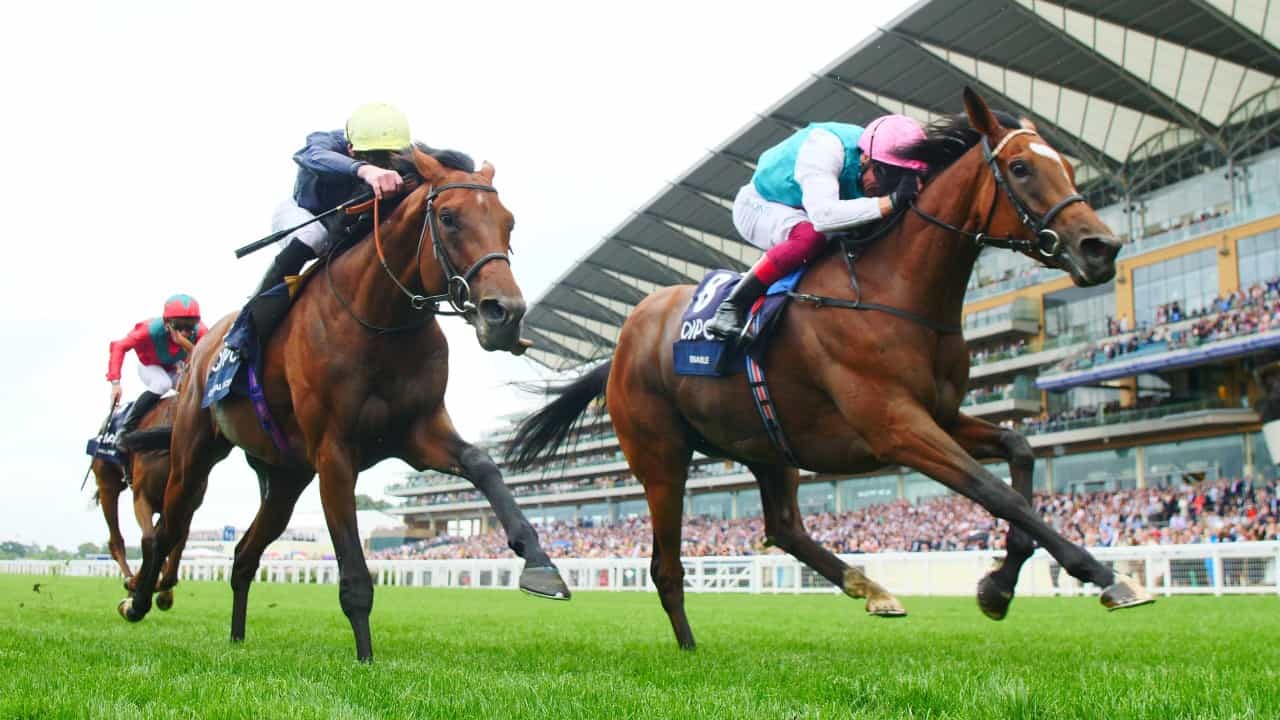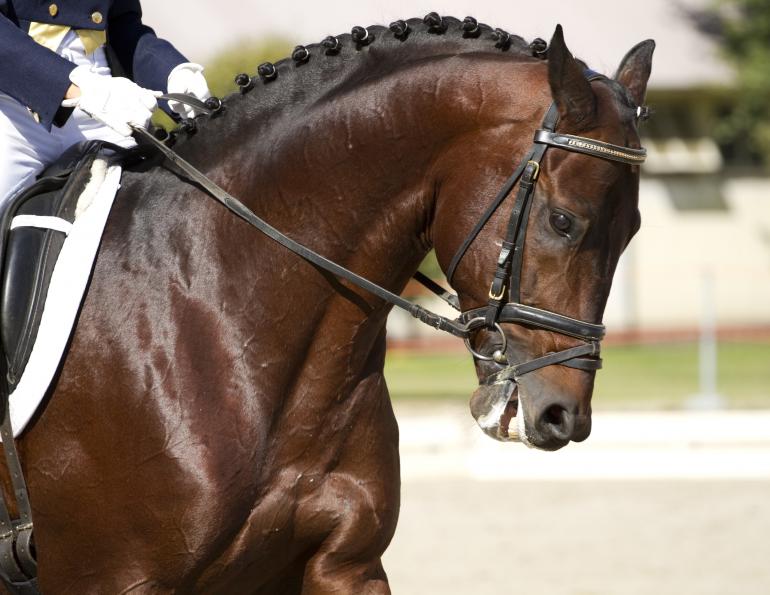Hold your horses, horses for courses and horse-trading. It’s no surprise, for such has been our interdependence, just how many phrases for our equine friend have crept into our day-to-day language: be they metaphors, similes, idioms or expressions. In this article, you will learn some horse idioms and expressions in English
Horse idioms: A horse, a horse, my kingdom for a horse
In literature they have left their mark with my kingdom for a horse coined by Shakespeare’s Richard 3rd, in which the full phrase is “a horse, a horse, my kingdom for a horse” and refers both to a king who might lose his kingdom because he lost his horse and to the fact that something small and insignificant is needed more than a kingdom at the moment as well as with Trojan horse from Homer’s Iliad in which the Trojans, dragging an abandoned horse within their city, discovered too late that it was full of Greek soldiers who at night stole out of concealment, slew the guards, opened the city gates and set fire to Troy.
As for the act of riding it brought us in the days of chivalry at full tilt with tilting being an early name for jousting where two knights charge at each other on horseback in an attempt to topple their opponent off his horse and to get on one’s high horse referring to the arrogance of those in command who chose the biggest horses as a display of their power and, riding high above the crowds, could appear to act as if they were better than those below.
Then there’s the more modern-day sport of horse-racing, and especially betting, with many a phrase including: a turn-up for the book where the book is the record of bets laid on a race and, when a horse performed in an unexpected way, most bets were lost and so the book and bookmaker benefitted. So, for are the winners phrases abound with shoo-in meaning a certain winner and coming from 1930s horse racing, where a shoo-in was the winner of a rigged race, and hands down referring to an easy and decisive victory and originating from a jockey, being so sure of his win, that he would lower his hands at the closing stage of the race, thus relaxing his hold on the reins and stopping urging his horse and a walkover, meaning an easy achievement and deriving from an entrant in a one-horse race who was obliged to ‘walk over’ the course before being awarded victory. Also, for the losers, there’s to back the wrong horse as well as an also-ran meaning a failure as in a horse that comes past the winning post but after the first three horses.
Interested in improving your English?
Sign up for a 30-minute trial lesson
Interested in improving your English?
Sign up for a 30-minute trial lesson
The horse and rider in racing action

The way a rider treats the horse brings us to the horse idioms: give one the head meaning to allow someone complete freedom of action and alluding to the idea of letting a horse go as fast as it wants rather than checking its pace with the bits and reins. There’s to give someone gyp meaning to cause severe discomfort or pain to someone with ‘gyp’ thought to be a contraction of ‘gee-up’: the command used to urge a horse to move faster and not rest or take things easy. Then there’s champ at the bit meaning to be restless and impatient and alluding to a spirited horse that tugs at the bit in its mouth in its eagerness to move; there’s against the collar meaning somewhat fatiguing, as when a horse travels uphill and the collar distresses his neck, and to ride roughshod over someone meaning to carry out one’s own intentions with complete disregard for another and coming from the days when it was normal to ride rough-shod horses in which the nail-heads of the horseshoes were left sticking out so that they could be ridden anywhere without slipping.
And so, to all this provocation, a horse responds with to dig in your heels meaning to refuse to give in and coming from the image of a horse stubbornly refusing to be led or ridden forwards; to get the bit between the teeth meaning to throw off all restraint in achieving one’s objective and coming from a rider controlling his horse by pulling on the bit in the horse’s mouth; however, once the horse gets ‘the bit between the teeth’ the rider can no longer control it. To bite the hand that feeds one means to criticise or offend someone on whom one’s dependent: it was coined by Edmund Burke in the 1700s with the idea that horses, if you’re careless, may bite when you feed them by hand while to kick over the traces means to throw off all restraint and comes from ‘traces’ being the harness a horse tries to get rid of so that it can kick more freely.
Other horse idioms in English used by the rider
Their reactions then cause things to reflect on the rider you can lead a horse to water but you can’t make it drink, one of the 12th Century horse idioms meaning that people will do what they want to do in the way they want to do it, hence the notion that you can show someone something that will benefit him, but you can’t force him to accept it. To flog a dead horse, coined in the later 1800s, means to waste energy on a lost cause, an unalterable situation or something already finished and refers to a horse owner or rider who hit his animal to make it go faster though to no avail if the horse were already dead and to come a cropper means to fall heavily or fail ignominiously and is thought to derive from the hind quarters of a horse, the ‘croup’ or ‘crupper’. Indeed, when falling from a horse in the 18th century, you were said to have fallen ‘neck and crop’ meaning headlong or head over heels. When all is said and done it’s all horse sense (rough, earthy common sense)!


This article was written by Break Into English’s blog contributor Adam Jacot de Boinod. Adam has worked for the BBC and is the author of “The Meaning of Tingo and Other Extraordinary Words from around the World”, published by Penguin Books.








